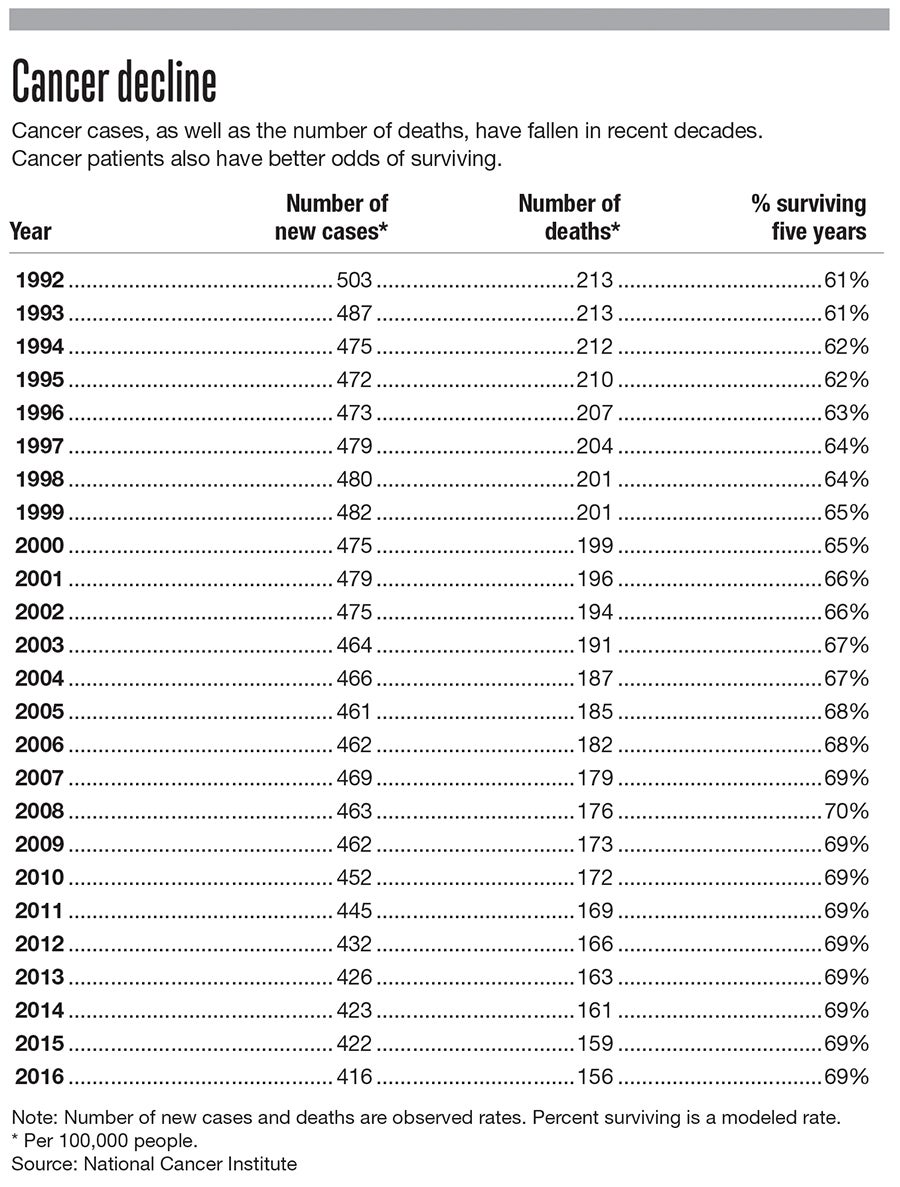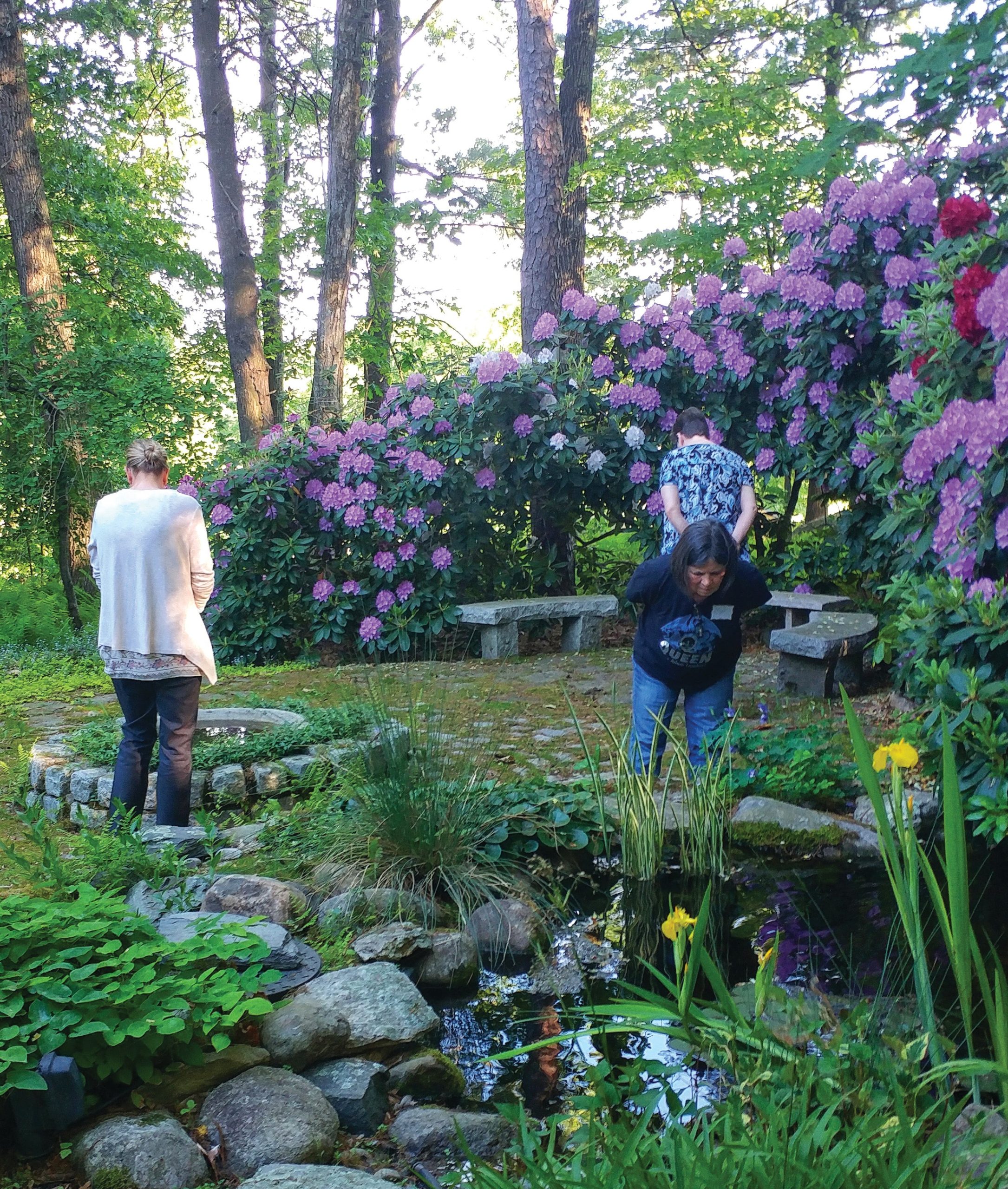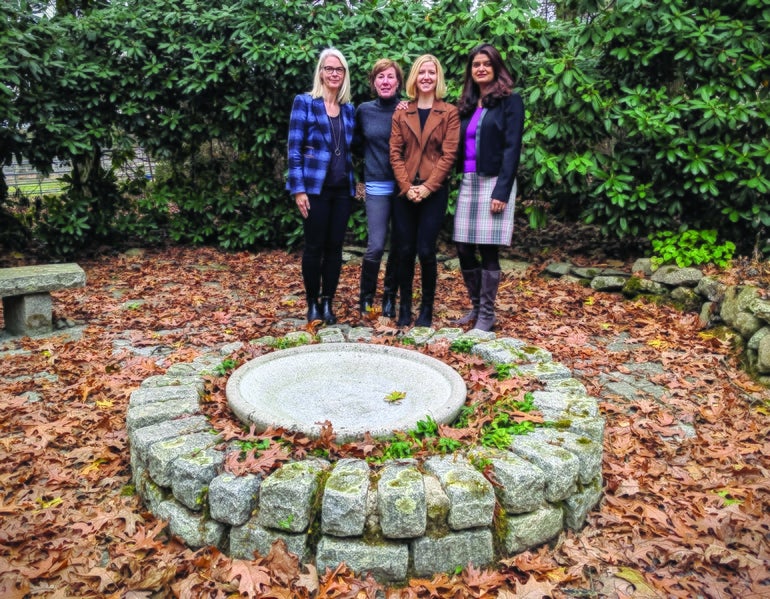After two decades, the Healing Garden has evolved into a place where anyone fighting cancer can participate in a meditation, yoga, knitting or writing class, or take part in group mindfulness session or another on living a life of meaning.
Get Instant Access to This Article
Subscribe to Worcester Business Journal and get immediate access to all of our subscriber-only content and much more.
- Critical Central Massachusetts business news updated daily.
- Immediate access to all subscriber-only content on our website.
- Bi-weekly print or digital editions of our award-winning publication.
- Special bonus issues like the WBJ Book of Lists.
- Exclusive ticket prize draws for our in-person events.
Click here to purchase a paywall bypass link for this article.
After Virginia Thurston died of breast cancer in 1999, her widower remembered how much the gardens around their home in Harvard gave her comfort during her illness.
Bill Thurston wanted to give solace to others with similar cancer battles, so he donated a portion of their property and a cottage to create the Virginia Thurston Healing Garden to serve women with breast cancer.
Nearly two decades later, the Healing Garden has evolved into a place where anyone fighting cancer can participate in a meditation, yoga, knitting or writing class, or take part in group mindfulness session or another on living a life of meaning.
The acres of gardens from which the center gets its name are still there. Otherwise, the quiet location – anyone not closely looking for the driveway is bound to miss it – has gained an important role in the area as one of few places where cancer patients can turn to get better in a way not involving medical treatment.
“Without them, I probably wouldn’t be here right now,” said Alice Daugherty of Royalston, who turned to the Healing Garden during a battle with breast cancer.
Daughtery, who has recovered and gave birth early this year to a son, Owen, found the center to be just what she needed to balance the western medicine she was receiving at the Dana-Farber Center Institute in Boston and the eastern medicine her Taiwanese family insisted upon.
“We’re really focused on nature and being sensory-driven,” said Meg Koch, the garden’s executive director.
Early roots
Bill Thurston came up with the plan for the garden with Betsy Tyson-Smith, a psychotherapist and the facilitator of his late wife’s hospital support group. He wanted to both honor his wife and support other cancer patients, and Tyson-Smith developed the idea into a center to offer complementary therapies, psycho-social support and the healing environment of nature.
The center, while evolving over the last two decades, has stayed true to its founders’ vision.
Located down a wooded driveway on Bolton Road south of the town center, the garden is purposefully the opposite type of environment from what can be a cold and sterile conditions in a hospital or medical office. Even after two acres were donated for the Healing Garden – along with seed money to get the organization off and running – the gardens still required 10 years of work and more funding to get established, with benches and rock outcroppings in some areas, along with a pollinator’s garden and sculptures that dot the property.
“They can reflect in the peace they find with nature,” Koch said.
Medical facilities, she added, can be a trigger for cancer patients, even the act of walking into a medical building sometimes stirring panic. The garden acts as a refuge.
“It gives them instantaneous distance from being just about cancer,” Koch said.
Patients, Koch said, typically first arrive at the center for support groups before turning to the peaceful effects of the gardens. They find the services exactly what they need after going through the toll of cancer treatment, said Brianne Carter, the garden’s co-director of integrative care.
“Oncology is pretty relentless,” Carter said.

Growing services
The garden has quietly gained a reputation among hospitals in the area, getting referrals from hospitals and centers including Dana-Farber, UMass Memorial Medical Center in Worcester, Lowell General Hospital, Emerson Hospital in Concord.
In fiscal 2019, the garden tallied nearly 3,600 patient visits from more than 300 clients and caregivers. More than 300 therapeutic and educational programs and classes were held.
The garden’s more than 1,500 clients in the past nearly two decades have come from 165 cities and towns across the state, with most coming from Acton, Concord and Harvard. Around 30 affiliated practitioners come to the center to give yoga, acupuncture, and other classes.
As its clientele base has grown, the garden has expanded with a new support center it opened in 2008 after a $1-million fundraising campaign. In 2012, it began serving both men and women, and patients no matter their cancer diagnosis. It has also begun collaborations with other nonprofits, including the Worcester Family Health Center, and launched educational programs including one with Lesley University so graduate students of the Cambridge school can complete internships there.

The services are free for about a quarter of patients who qualify financially, and transportation to and from the garden is offered for free to clients who need it.
The garden’s staff has seen views of less traditional methods of care evolve. What was once called complementary or alternative medicine is now called integrative medicine, and it’s typically viewed as more central to caring for patients.
“Totally, the paradigm has shifted,” Koch said.
Among those benefiting from the less-traditional means of care was Daugherty, the breast cancer survivor who was diagnosed just after moving to Royalston with her husband, Scott. They were planning to start a family.
“Suddenly, we had to put everything aside,” she said.
Daugherty, who teaches music in Worcester, said her Taiwanese family had bad experiences with western medicine and was pushing her to use treatment considering bettering a patient’s whole body. Daugherty had a double mastectomy, and said she felt ready to quit chemotherapy before arriving at the garden.
At the healing garden, an acupuncture class helped with the side effects of chemotherapy, while the staff and other patients supported her through the fight.
“They would inspire me all the time,” she said. “When I was sick, I felt like no one could understand how I felt.”

